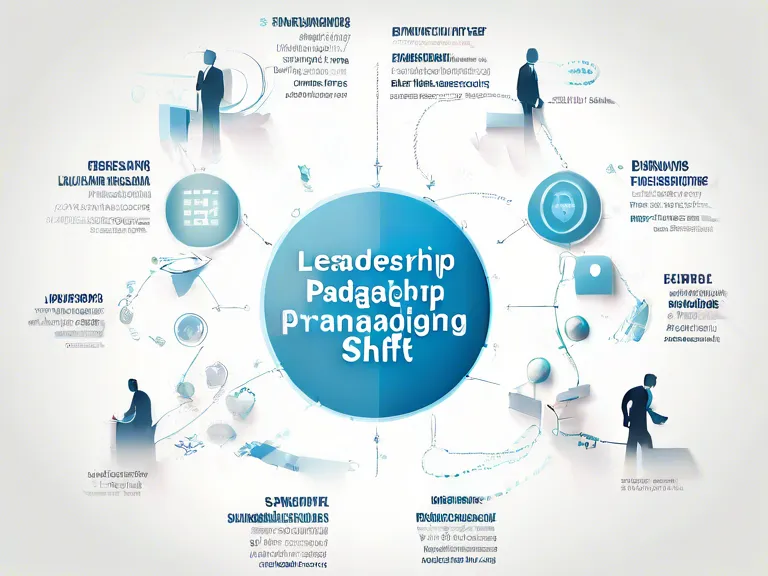
In today's fast-paced business environment, the role of leadership is constantly evolving to keep up with emerging technologies and innovations. As organizations strive to stay competitive and relevant, leaders must adapt to new paradigms that require them to be more agile, tech-savvy, and open to change.
One of the key aspects of the leadership paradigm shift is the embracing of digital transformation. Leaders need to understand the impact of technologies such as artificial intelligence, big data, and the Internet of Things on their businesses and industries. They must be willing to invest in the necessary resources and training to leverage these technologies for improved efficiency, productivity, and customer experience.
Another important aspect of the new leadership paradigm is the focus on innovation. Leaders must foster a culture of creativity and experimentation within their organizations to stay ahead of the competition. This means encouraging employees to think outside the box, take risks, and explore new ideas. It also involves creating a supportive environment where failure is seen as a learning opportunity rather than a setback.
Collaboration is also a key element of the evolving leadership paradigm. In a world where cross-functional teams and remote work are becoming increasingly common, leaders must be adept at building relationships, facilitating communication, and fostering teamwork. They need to be able to inspire and motivate their teams, even when they are not physically present.
In conclusion, the leadership paradigm shift towards embracing emerging technologies and innovations is essential for organizations to thrive in today's rapidly changing business landscape. Leaders who are able to adapt to these new realities, embrace digital transformation, foster innovation, and promote collaboration will be well-positioned to succeed in the future.



